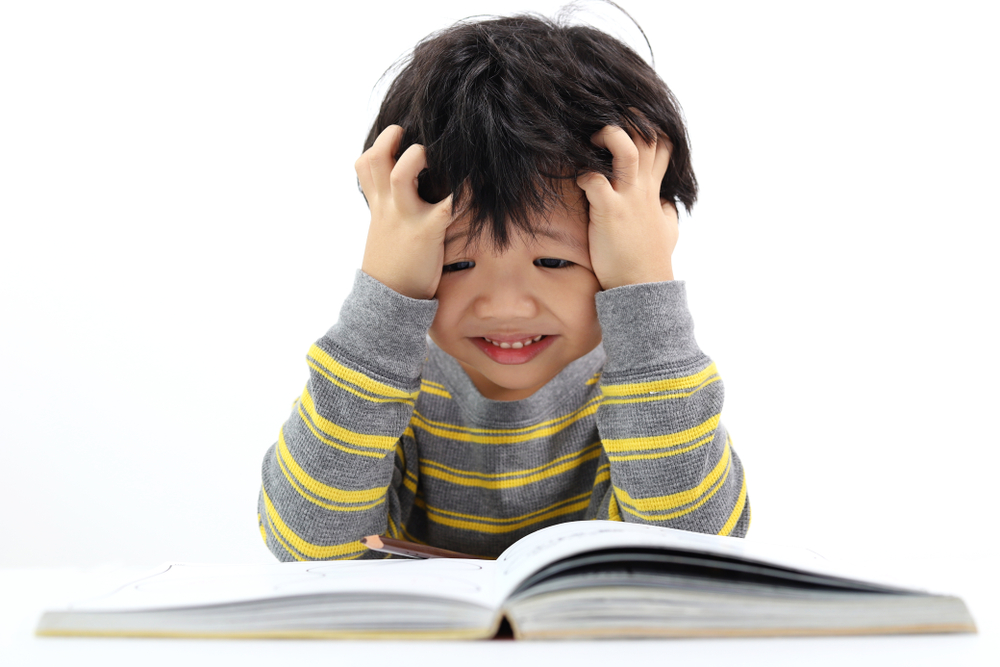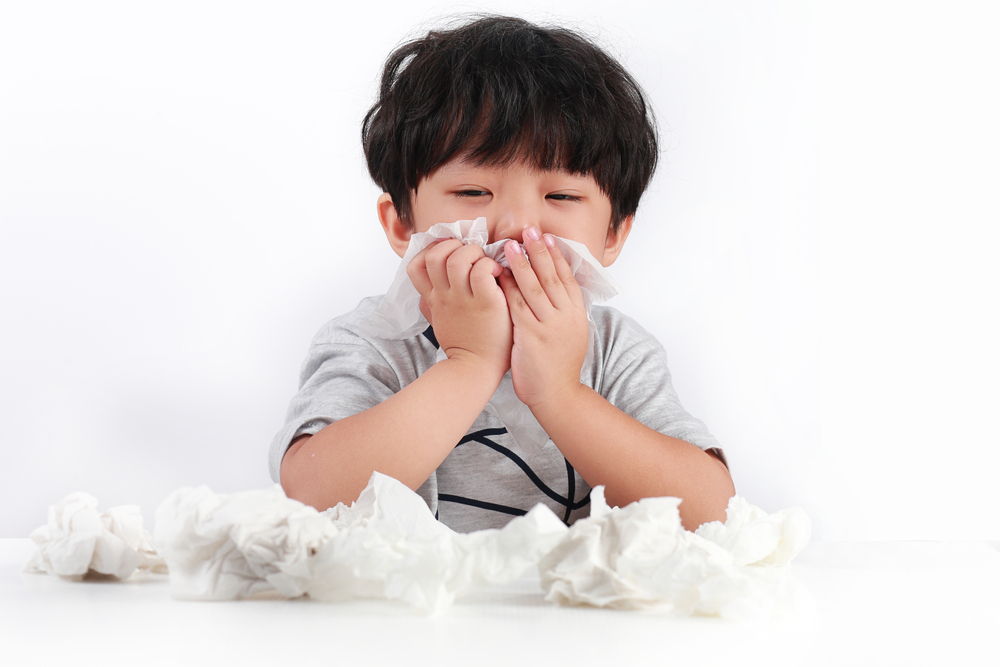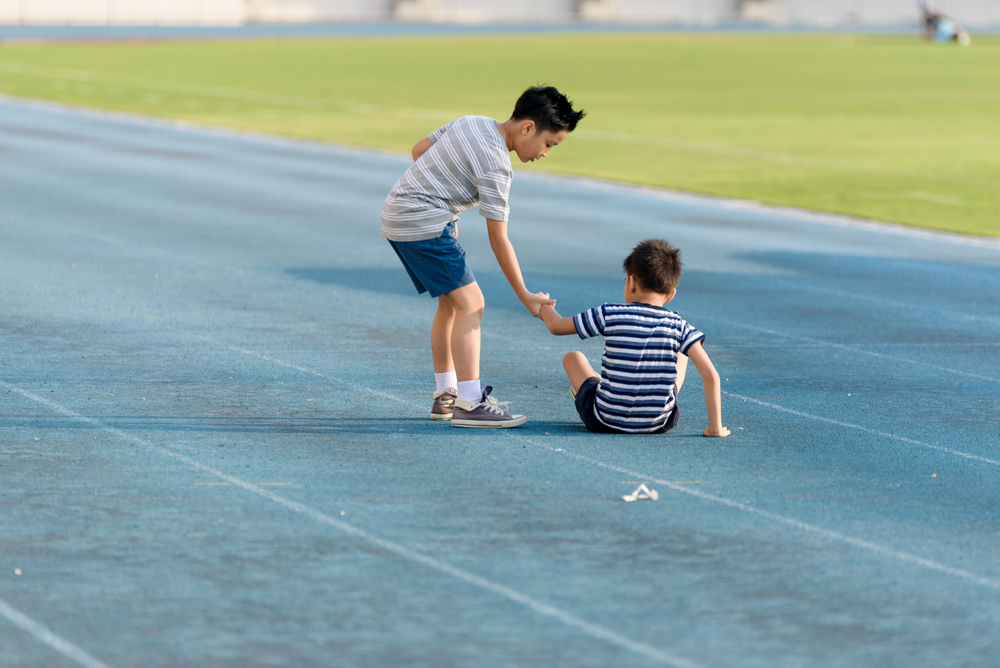Source: Psychotherapist, Lee Wai Tong
At the age of one, children gradually learn to walk. At first, children will be very excited to explore everywhere. But gradually, they will ask adults to hold them and not be willing to walk by themselves. Parents will be feeling headaches, sometimes the child may be really tired, and sometimes they just want to be held out of a sense of affection. What can parents do when their children ask for a hug?
Some parents have mentioned to me that their children couldn’t walk when they were one year old, but they wanted to walk very much. When they learn to walk later, they especially like to walk at that time. The parents were happy that the stroller could be left at home, thinking that the child would walk in the future. However, after the children became familiar with walking, they would want to be held by their parents, and even the parents would need to take a stroller and go everywhere in the stroller.
If you don’t have a stroller, it’s a big test of the parents’ physical strength. Of course, parents want their children to walk again, and some parents say, “If you don’t walk, we won’t go out.” Parents actually want to go out with their children, have fun, and walk around, so why not set a goal with them? For example, if you go there, you will hold them, and if you go there, you will walk, and you will make this commitment before you go out. For example, when the child is just out of the lift door and says he wants to be held, we have just said that we have to go downstairs, from the entrance of the estate down to the gate, before we can hold him. We have a goal for the child; the child moves naturally downstairs to hug, and the parents promised to carry him to the gate and place the child back on the ground.
Sometimes children would suddenly say they wanted to be hugged; parents could tell their children to walk to the other side of the light before hugging. On the one hand, we all enjoy parent-child fun, and secondly, children have a goal, know where to walk to hug, and are naturally more willing to walk a little more. Sometimes children are really tired, or the feeling of hugging is actually very intimate, so they want to hug to get the intimate feeling. So we need to let the children know that we will hug them, but there is a goal, for example, to walk there and hug them at that time, so that everyone will be happy.


















